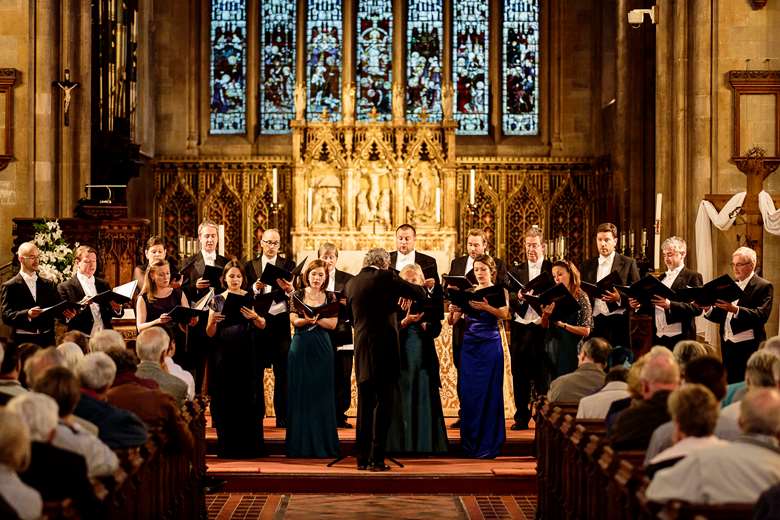New report paints devastating picture of covid-19 impact on UK creative industries
Wednesday, June 17, 2020
…as leading choral figures add their voice to call for action

Register now to continue reading
Thanks for exploring the Gramophone website. Sign up for a free account today to enjoy the following benefits:
- Free access to 3 subscriber-only articles per month
- Unlimited access to our news, podcasts and awards pages
- Free weekly email newsletter







